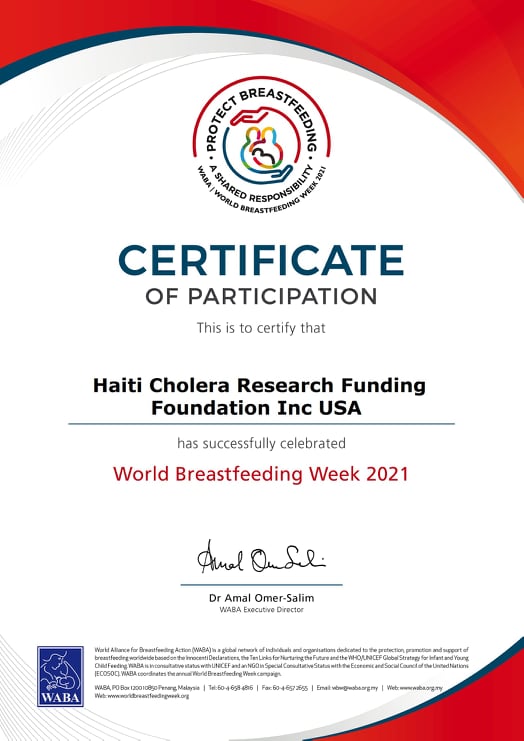BreastFeeding & Motherhood

BreastFeeding & Motherhood
The U.S. Dietary Guidelines for Americans recommend that infants be exclusively breastfed for about the first 6 months, and then continuing breastfeeding while introducing appropriate complementary foods until your child is 12 months old or older. The American Academy of Pediatrics and the World Health Organization also recommend exclusive breastfeeding for about the first 6 months, with continued breastfeeding along with introducing appropriate complementary foods for up to 2 years of age or longer.
The World Breastfeeding Week is considered one of the largest joint campaigns undertaken by international organizations such as The World Health Organization (WHO) and UNICEF. Organized by the World Alliance for Breastfeeding Action (WABA), it aims to promote the benefits of breastfeeding. World Breastfeeding Week has been celebrated since 1992 and includes annual themes such as healthcare systems and women. In 2016, the week aligned its mission with the Sustainable Development Goals (S.D.G.s) and began promoting various strategies to encourage breastfeeding.
The Ten Steps to Successful Breastfeeding:
- Have a written infant feeding policy that is routinely communicated to staff and parents.
- Ensure that staff have sufficient knowledge, competence and skills to support breastfeeding.
- Discuss the importance and management of breastfeeding with pregnant women and their families.
- Facilitate immediate and uninterrupted skin-to-skin contact and support mothers to initiate breastfeeding as soon as possible after birth.
- Support mothers to initiate and maintain breastfeeding and manage common difficulties.
- Do not provide breastfed newborns any food or fluids other than breast-milk, unless medically indicated.
- Enable mothers and their infants to remain together and to practice rooming-in 24 hours a day.
- Support mothers to recognize and respond to their infants’ cues for feeding.
- Counsel mothers on the use and risks of feeding bottles, artificial nipples (teats) and pacifiers.
- Coordinate discharge so that parents and their infants have timely access to ongoing support and care.
Scope and impact of digital marketing strategies for promoting breastmilk substitutes.

Pierrette J Cazeau, MBA, MHA
Post-Doctoral, Global Public Health Diplomat
Designated National Focal Point to UNFCCC
Member-At-Large Executive Member Committee to UN NGO WGEH Hispanic District


